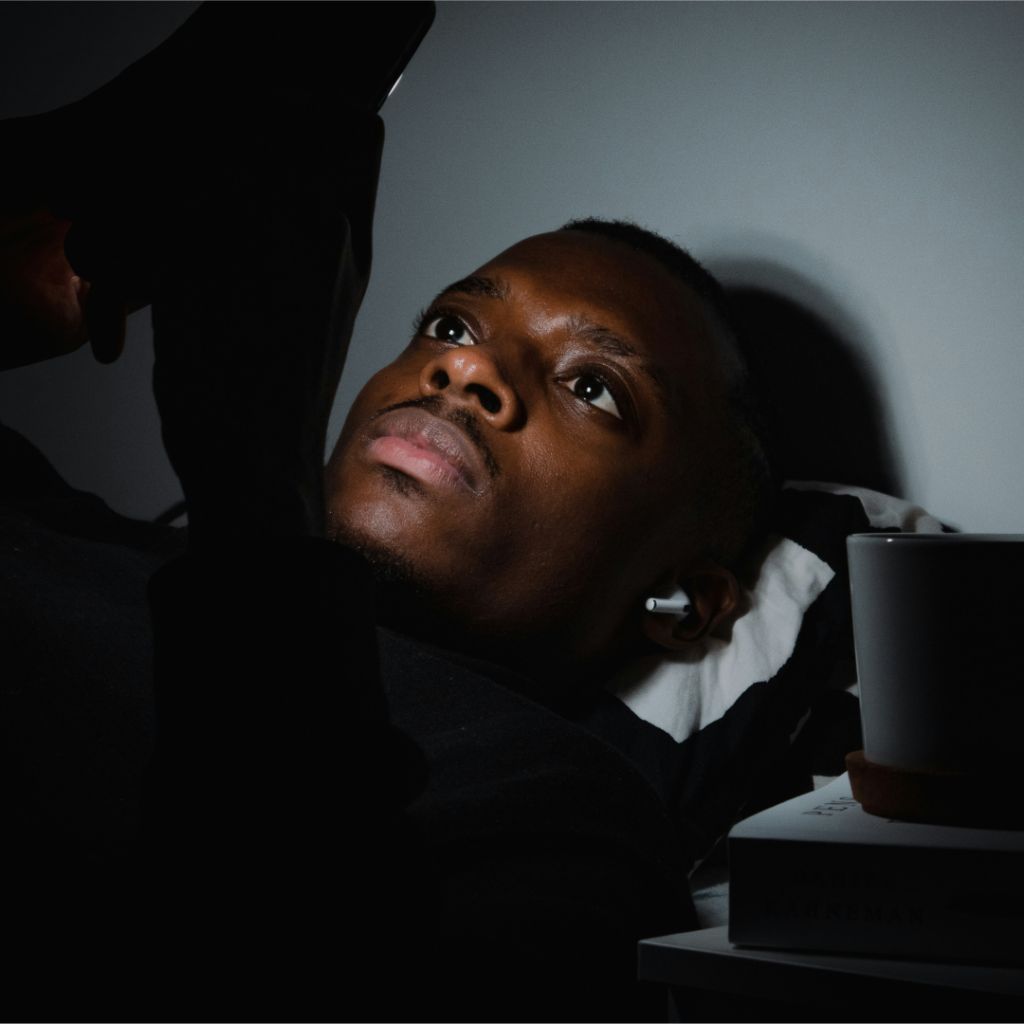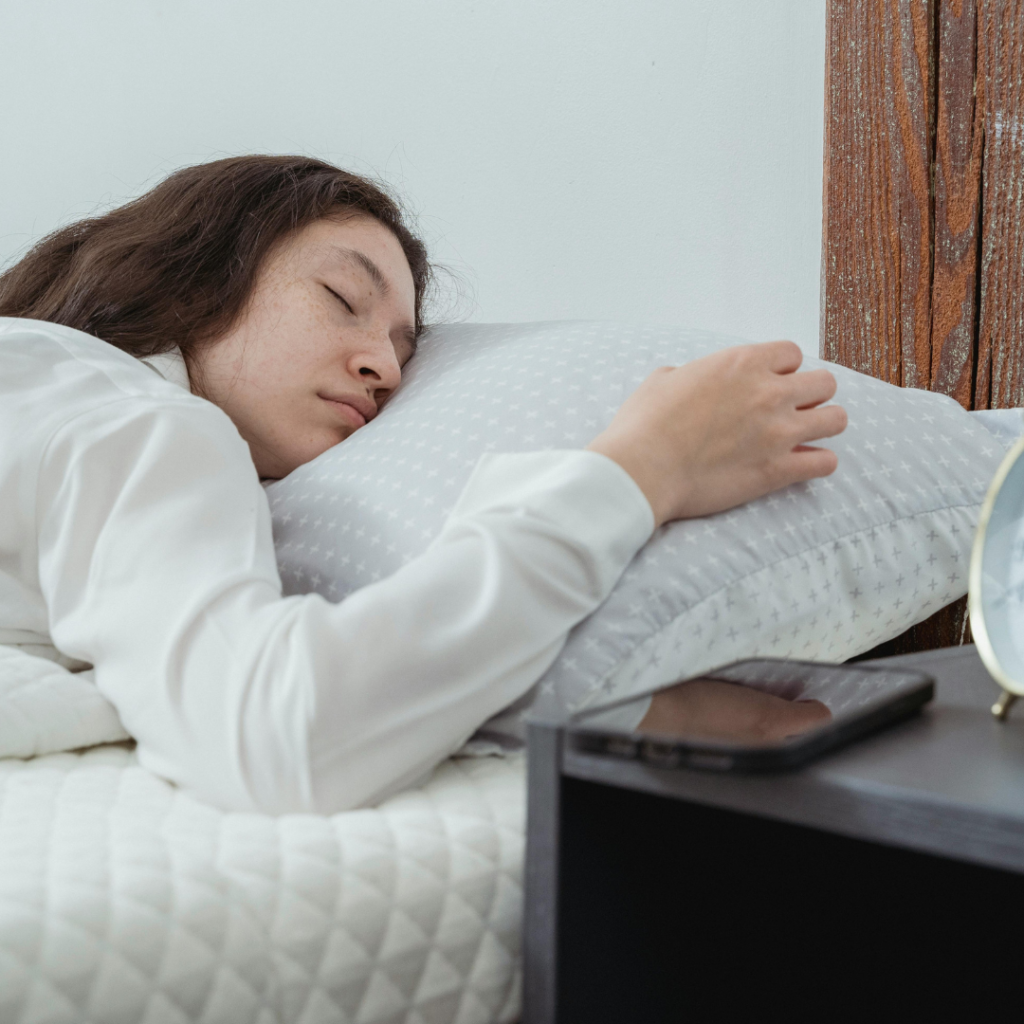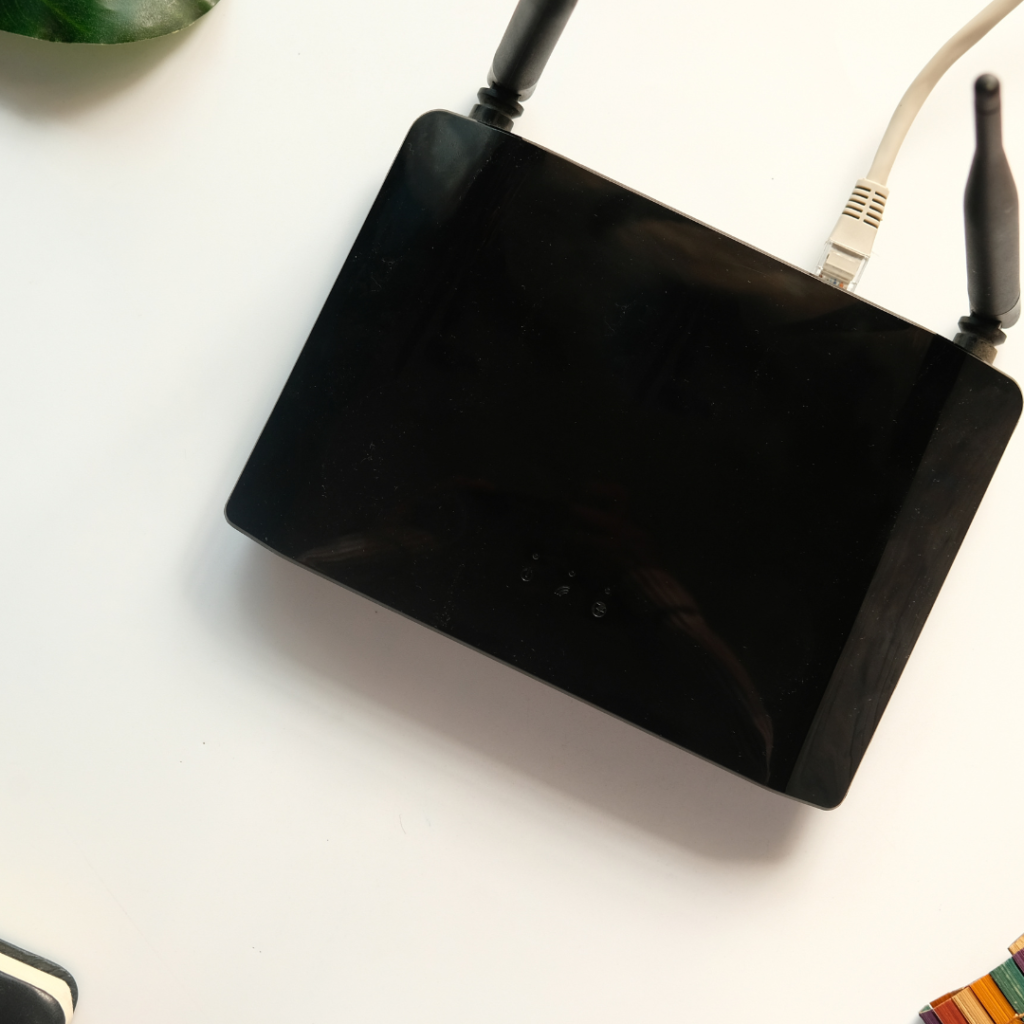

We’ve become so attached to our gadgets and electronic devices that we sleep with them. A study from Common Sense Media found that 62 percent of adults sleep with their phones within arm’s reach. It’s not just phones, though — nearly 70 percent of adults sleep with their smartwatches too. For many people, that equates to a near 24/7 proximity to their Wi-Fi-, Bluetooth- and 5G-enabled devices.
These devices emit electromagnetic fields (EMFs), which can have an impact on sleep and overall health when you’re exposed to them for too long. Let’s explore how EMFs affect sleep and what you can do to minimize your EMF exposure in the bedroom.
Studies have shown prolonged exposure to EMFs can negatively affect sleep. It may not prevent you from sleeping an adequate amount, but it can decrease the quality of your sleep.
A great deal of research has already revealed the negative impacts of using electronic devices before bed, specifically how blue light emitted from phones, tablets, and laptops stimulates the brain and makes you feel more alert. Looking at your social media feed, “doomscrolling” (scrolling through negative news), and checking your emails before bed can also make it harder for you to fall asleep.
There’s less research about the effects of EMFs on your sleep, but the studies that have been done are revealing. Some research says that exposure to radiofrequency electromagnetic fields (RF-EMFs) doesn’t affect sleep quality. Other studies, however, have measured EMF exposure and its relation to sleep more precisely and have found that there is indeed a connection:
Low-level EMFs, which most of us are exposed to on a daily basis via our phones, laptops, and Wi-Fi routers, prevent you from getting high-quality sleep.
Exposure to EMFs isn’t just harmful for sleep. It affects all areas of human health and wellness. It’s important to note that the earth has a natural electromagnetic field, and your body has electrical currents running through it as well. These EMFs aren’t harmful to humans or animals — it’s the artificial EMFs from appliances, electronics, cellular towers, and other human-made sources that can be problematic for health.
In the book Body Electric, orthopedic surgeon and electrophysiology researcher Robert O. Becker explains how electrical currents are fundamental to biological processes, including healing. However, being surrounded constantly by artificial EMFs can disrupt the body’s normal biological processes, according to Becker.
This over-exposure to electromagnetic radiation is known as electromagnetic pollution or electro-pollution. Dr. Samuel Milham refers to it as “dirty electricity” in his book of the same name. Milham is an epidemiologist and in Dirty Electricity, he explores the widespread electrification of the planet starting in the 20th century and how it may be related to the rise of chronic diseases like cancer, diabetes, and mental health disorders.


Exposure to EMFs can have impacts on your health if it’s prolonged. Short-term exposure to low-level EMFs doesn’t necessarily pose any threats to your health, but long-term exposure can present some complications. Mobile phones, for example, emit low-level EMFs and most people have their phones nearby (or even next to their heads when on a call) nearly constantly.
There have been many studies about EMFs and their effects on health, some showing that they’re not harmful, and others establishing that there are adverse health outcomes to prolonged EMF exposure. According to the World Health Organization (WHO), there have been approximately 25,000 articles studying the biological effects of non-ionizing radiation in the last 30 years — it’s an area that’s been studied extensively.
Despite all this research, there’s still no consensus that EMFs are 100 percent safe. Studies are ongoing about the various aspects of EMFs and health, including their effect on sleep. We still need more info to fully understand the long-term effects of EMFs.
One major health concern resulting from the growing existence of EMFs is electrohypersensitivity syndrome (EHS). It’s a condition in which individuals experience adverse health effects when exposed to EMFs from devices such as mobile phones, Wi-Fi, and other electronic equipment. The term first appeared in 1991 during a study on EMF sensitivity and EMF pollution.
For now, there’s no medical evidence to support EHS. That doesn’t mean that symptoms people feel are fake, however. People who feel they’re sensitive to EHS report symptoms such as:
Managing EHS usually involves reducing exposure to EMF-emitting sources like cell phones and laptops. Some ways to distance yourself from sources of EMFs are:
If you don’t want EMF frequencies to decrease the quality of your sleep, consider using EMF shielding products, reducing EMF sources in the bedroom, getting a professional EMF assessment, or signing up for quantum energy subscription.


You can find an EMF shielding bed canopy made from special fabrics that block EMFs. There’s also EMF shielding paint that you can apply to the walls, floors, and ceilings of your bedroom to create a protective barrier. If you don’t feel like covering your bedroom in a coat of paint, you can also get EMF shielding blankets and bedding.
At night, turn off your home’s Wi-Fi router — especially if it’s in the bedroom. Also, try not to sleep with your phone or laptop nearby, or power them down if you do. You should also remove any unnecessary electronic devices from your bedroom, or unplug anything you’re not using.
You can hire a company to come to your home and conduct an assessment for EMFs. They can determine what the EMF levels in your bedroom are and recommend custom solutions for mitigating EMFs.
With a Quantum Upgrade subscription, you get 24/7 access to pure quantum energy. You can choose a plan for your home to ensure your bedroom is constantly harmonizing and neutralizing negative frequencies, including 5G, 4G, 3G, Bluetooth, Wi-Fi, and other EMFs.
Protecting yourself from EMFs while you sleep is crucial for maintaining good sleep quality and overall health. EMFs can disrupt sleep patterns and exacerbate symptoms of EHS, leading to various health issues.
By implementing protective measures such as using EMF shielding products, minimizing electronic devices in the bedroom, and creating a low-EMF environment, you can significantly reduce your exposure. Taking these steps not only enhances your sleep quality but also contributes to better long-term health and well-being.
Share

Disclaimer:
Quantum Upgrade® does not recommend or endorse any specific tests, physicians, procedures, opinions, or other information that may be mentioned on this website. Reliance on any information appearing on this website is solely at your own risk. Statements made on this site have not been evaluated by the Food and Drug Administration (FDA), the EFSA, or any other government derivatives thereof. Quantum Upgrade® products are not intended to diagnose, treat, cure, or prevent any disease or health condition.
On this website, the word “healer” does not refer to a physician or medical professional and it does not relate to the conventional way of helping others with medical treatments, pharmaceutical drugs, etc. Here a “healer” rather refers to how this word was used hundreds and thousands of years ago: someone that seeks to help by means other than conventional medical treatment. This may involve the use of herbs, minerals, crystals, and other natural elements. It can certainly also involve the use of various energetic techniques, working with the quantum field, the source, as well as specific frequencies and vibrations.
© 2026 Quantum Upgrade | All rights reserved